It appears to be official. According to a press release this Wednesday, 2016 was the hottest year on record. This comes after 2015 was declared the hottest year on record up until that point... and after the same thing was said about 2014. This means that for three years in a row, the Earth's overall temperature has been breaking new records. This is the first time this has happened in over 70 years. The last time was in 1939-1941—though 1941 now ranks 36 places below 2016 on the overall record. In other words, the planet has been warming significantly since that time.
Record highs and drought
India was just one of many countries that experienced record local heat waves and droughts. (Getty Embed)
Three government agencies—two American and one British—are behind this report. It was quickly backed up by the research of a fourth Japanese agency. Though this trend is planet-wide, there are a few places where scientists have noticed the most significant changes. In the Arctic Ocean, this past fall had temperatures up to 20 degrees Celsius higher than normal. Meanwhile, the town of Phalodi, India experienced the hottest day in the country's history, a mind-blowing 51°C (123.8°F). And much of Africa continued to be gripped by powerful drought (or lack of rain), and therefore a lack of crops and food.
Many states in the Southern U.S., including South Carolina, Florida, Missouri, and Georgia were hit by big floods in 2016. (Getty Embed)
But local highs aside, the most crucial impact is on the world's seas. Scientists have found that ice at sea and on land (such as glaciers) continues to melt at a staggering rate. And the oceans are absorbing (or holding on to) much of the extra heat produced by the warming planet. This means that less new ice is produced every winter in our polar regions. And as that ancient ice melts, sea levels continue to rise.
El Niño passes
The warm ocean currents of El Niño drove tempreatures even higher. (Getty Embed)
Scientists point to a few reasons for the higher temperatures. The heat of the last two years was driven in part by an especially powerful El Niño effect. El Niño means "the little boy" in Spanish, but the impact of this climate phenomenon is anything but small. Every two to seven years, especially warm ocean currents drive global temperatures upward. Now that this recent El Niño is over, most climate scientists think that 2017 will be cooler than the previous couple years.
However, the Earth was already much warmer than usual before the El Niño. And this is due to global warming brought on by excess CO2 emissions, or gas released into the atmosphere by human activity. This "human activity" includes everything from factories burning coal and gas; motor vehicles on land, air and sea; and even large scale farming of animals such as cattle (their body waste produces methane, a powerful greenhouse gas).
Looking to the future
World leaders celebrate the Paris Climate Agreement in December of 2015. The treaty was signed in April 2016. (Getty Embed)
If you're looking for good news, the recent Paris Agreement is probably the best place to begin. This massive, world-wide climate agreement was signed by 125 countries, including the planet's biggest CO2 producing nations: China, The United States, Russia, India, Japan, Germany, Brazil, and Canada. The agreement commits all nations to do their part to reduce their carbon emissions to keep global temperatures to just "1.5°C above pre-industrial levels" (this means a time before many of these carbon producing machines were invented).
And this week, China announced that it was cancelling plans to build 103 new coal-burning plants in 2017. Is this the first signs of the Paris Agreement taking hold? The world will be watching closely.
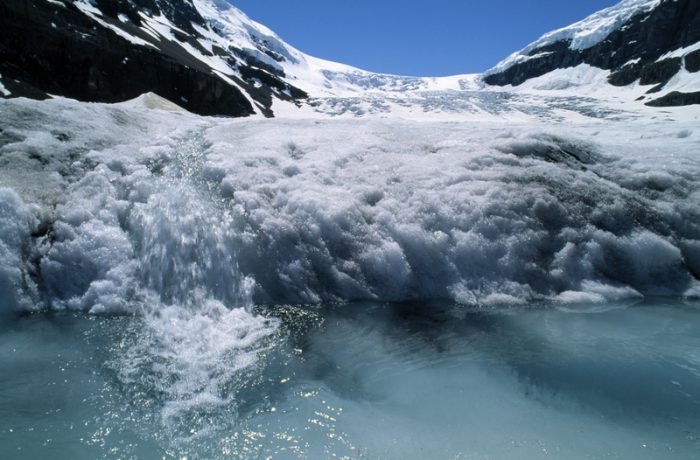 Arctic ice melting is continuing at a rapid rate thanks to rising temperatures around the world. (© Glenn Hartz | Dreamstime.com)
Arctic ice melting is continuing at a rapid rate thanks to rising temperatures around the world. (© Glenn Hartz | Dreamstime.com)

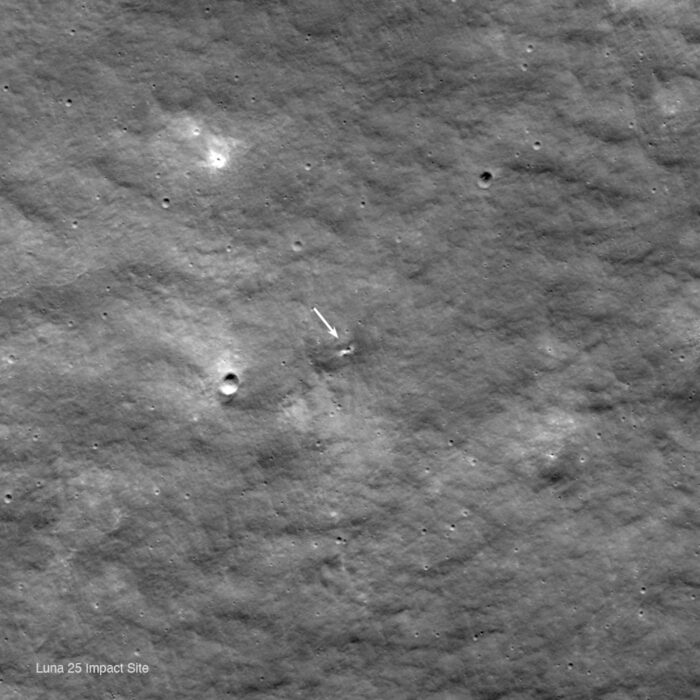


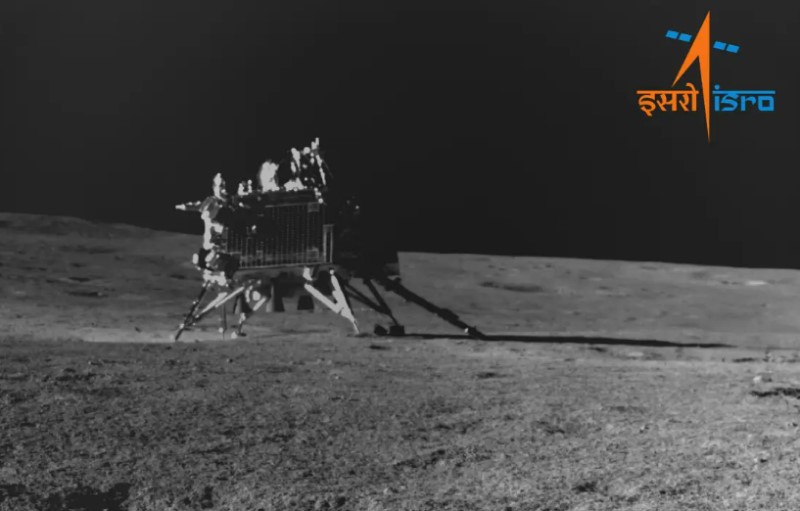
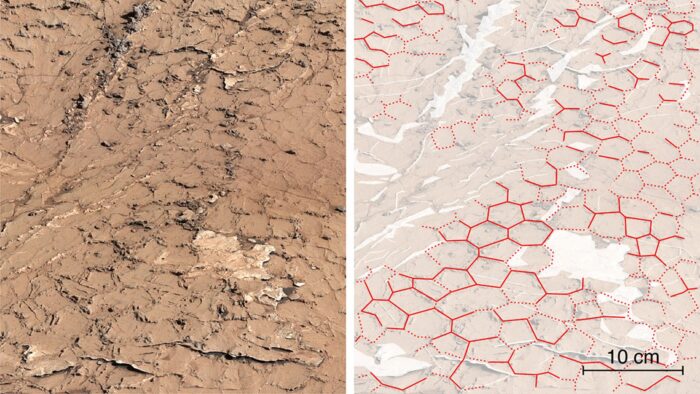
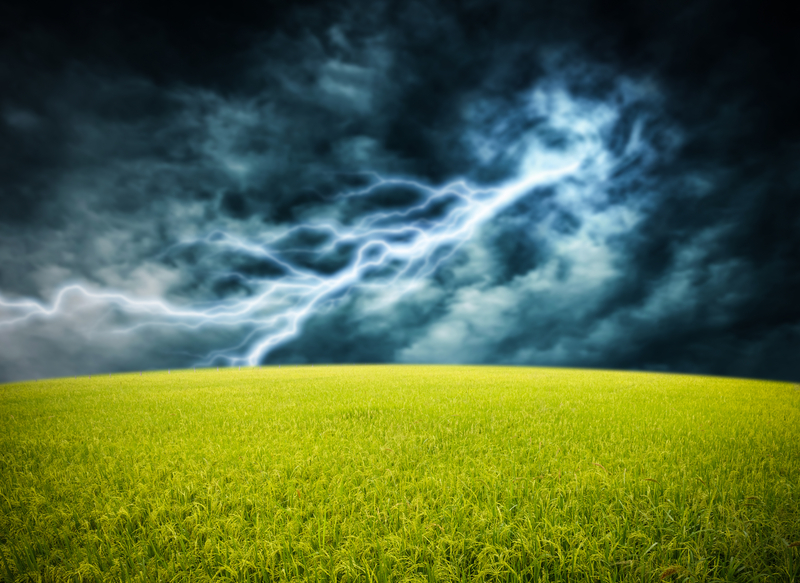


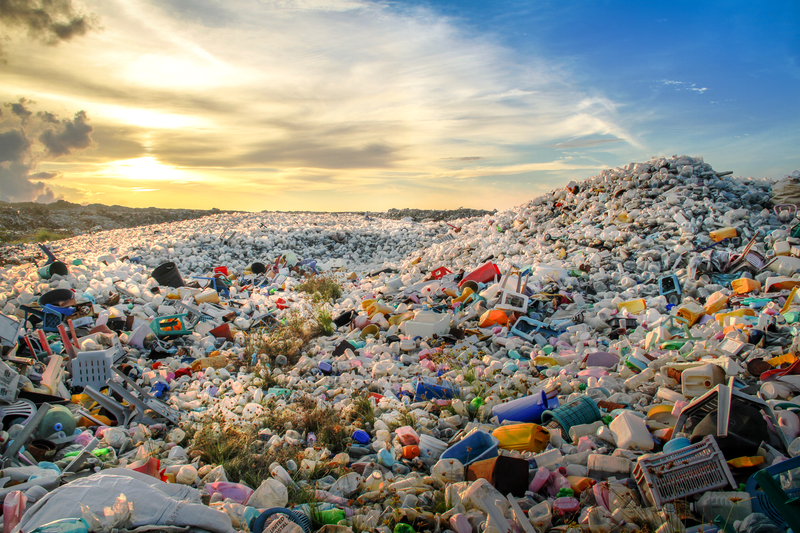
Hi! My name is Alexa, I am 9 years old. I am one of your biggest fans, I like on this webiste [and some times in the book] you keep us going, know whats going on in the world!
Thanks again
Alexa.